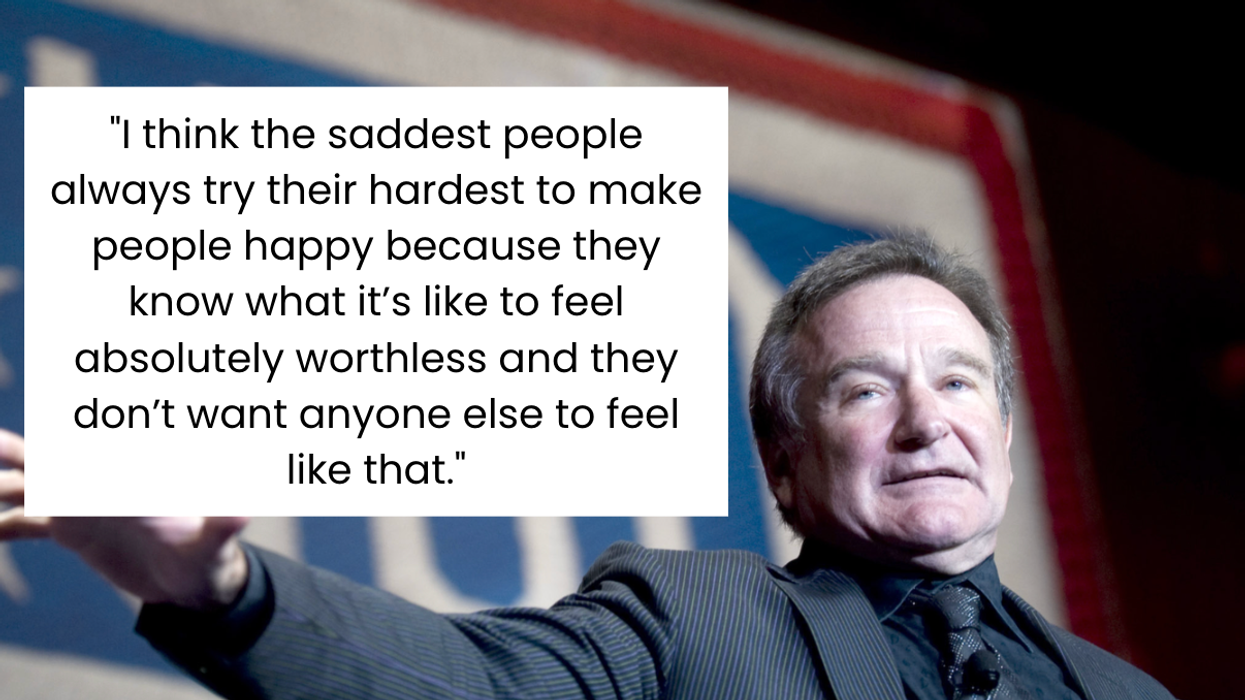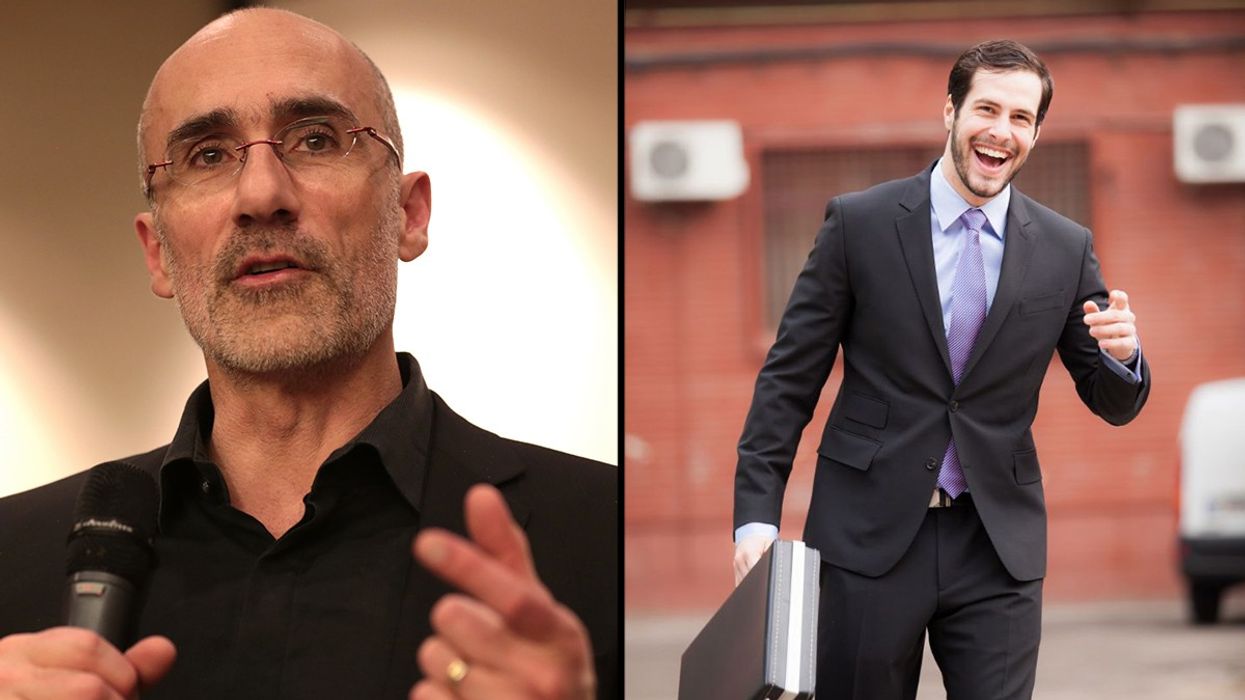When people talk about change coming to Cuba, they’re most likely referring to the continued normalization of relations between that country and the United States. But, for members of Cuba’s LGBTQ community, change means something altogether different. Cuba has, in recent years, taken significant steps toward affording some measure of equal rights for its gay citizens—citizens who, at various points in that country’s history, have been harassed, persecuted, and legislated against.
While gay marriage is illegal in Cuba, members of the country’s LGBTQ community plan to stage a mass “symbolic” wedding on Saturday, May 9th, in an effort to promote equality and tolerance for gay members of Cuban society. Leading the ceremony will be member of Cuba’s National Assembly and head of the country’s National Sex Education center, Mariela Castro. And if you're wondering about her last name, yes, her father is Cuban president Raul Castro, and her uncle is Cuba’s iconic revolutionary leader, Fidel. As Reuters notes, gay rights in Cuba have advanced in recent years thanks, in part, to Castro’s efforts and standing in Cuban society.
In a statement to reporters, Castro explained: “We can't do a wedding, but we wanted to have a very modest celebration of love with some religious leaders. In the future we'll see what more we can do.”
While Cuba is predominantly a Catholic nation, the symbolic ceremony will reportedly be attended by members of Toronto’s Eucharistic Catholic Church, a non-Vatician affiliated Christian denomination. It was the Eucharast Catholic Church’s officiation of 100 couples at last summer’s World Pride event in Toronto that helped inspire the Cuban ceremony, which is slated to take place during that country’s gay pride parade.
In 2010, longtime Cuban leader Fidel Castro spoke with Mexican La Jornada newspaper, taking full responsibility for his country’s legacy of homosexual repression and persecution, including the internment and forced labor of gays arrested for counterrevolutionary leanings. As transated by The Globe and Mail, Castro explained: “If anyone is responsible (for the persecution), it's me. I'm not going to place the blame on others.”
[via BBC, Huffington Post]















 Otis knew before they did.
Otis knew before they did.